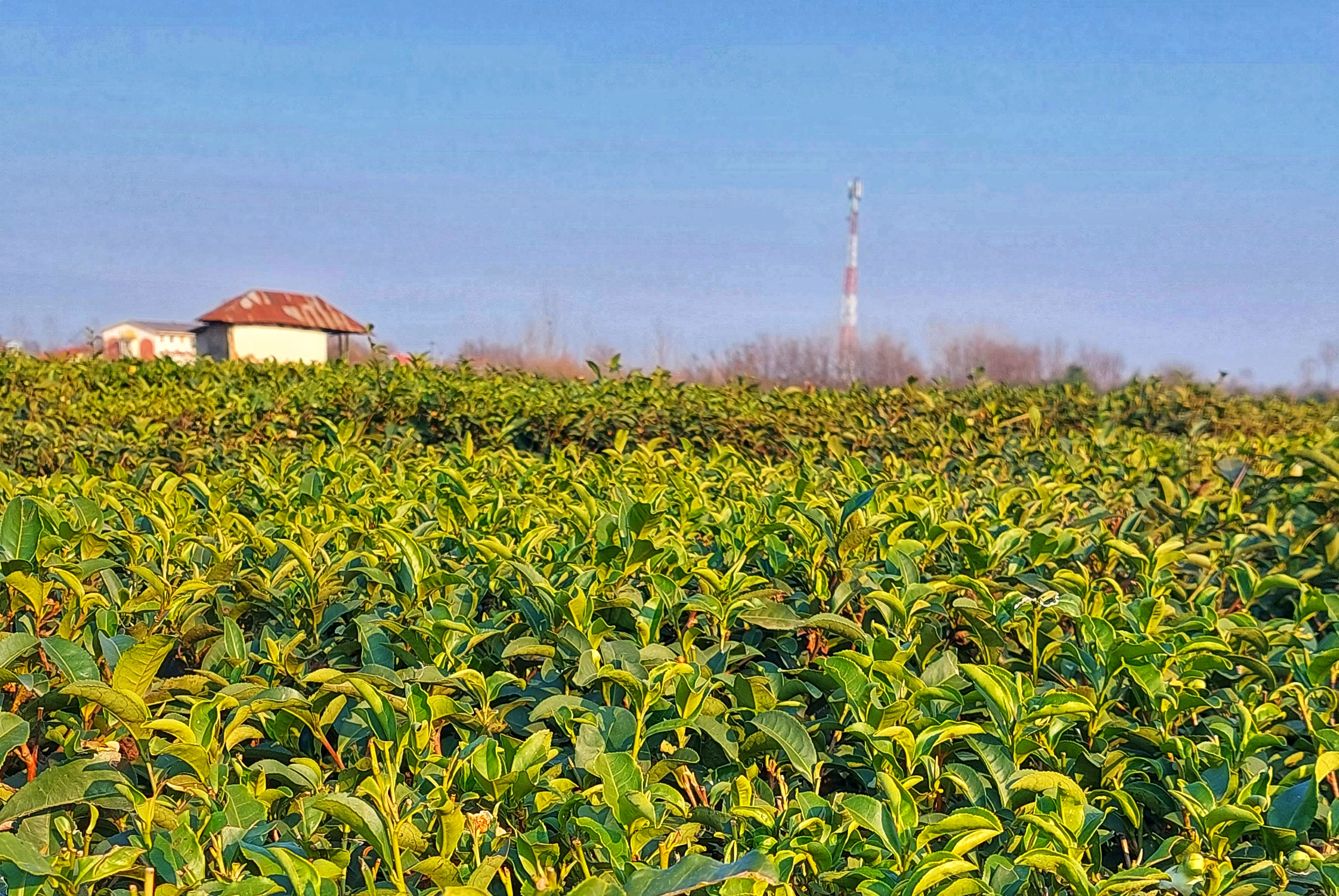Categories
The latest content
-

Customs Clearance & Import Regulations for Bulk Iranian Pinto Beans in EU, Middle East & Africa
..
-

Quality Control & Laboratory Testing Standards for Iranian Pinto Beans
..
-

Logistics & Shipping Solutions for Bulk Iranian Pinto Bean Exports
..
-

Minimum Order Quantity (MOQ) & Bulk Pricing for Iranian Pinto Bean Buyers
..

Tags
Packaging, Certifications, and Export Standards for Iranian Tea

As the global demand for authentic and organic teas continues to grow, Iranian tea is becoming a sought-after product in international markets. Known for its natural purity, smooth taste, and chemical-free cultivation, Iranian tea is ideal for consumers who value health and quality. However, to enter and compete in the global market, producers and exporters must adhere to international packaging, certification, and export standards. In this article, we’ll explore the key requirements and best practices for exporting Iranian tea worldwide.
1. Packaging Standards for Export
Effective packaging is crucial for preserving the flavor, aroma, and freshness of Iranian tea during transportation and storage. Here are the main features to consider:
a. Material
• Use food-grade, airtight materials such as aluminum foil, kraft paper pouches, or laminated plastic to protect tea from moisture and light.
• Vacuum-sealed packaging is recommended for premium teas.
b. Size and Format
• Offer a range of consumer-friendly sizes (e.g., 100g, 250g, 500g, 1kg) and bulk packaging (10kg, 20kg, 25kg) for wholesalers.
• Provide loose-leaf tea, tea bags, and gift packaging to appeal to different market segments.
c. Labeling Requirements
• Labels should include:
o Product name
o Country of origin (e.g., "Product of Iran")
o Net weight
o Production and expiration dates
o Brewing instructions
o Certifications and nutritional information (if applicable)
o Barcode (EAN or UPC for international retail markets)
• Labels must be in English and adapted to local regulations in target countries.
2. Required Certifications for Global Export
To gain access to international markets and build trust with buyers, Iranian tea exporters should obtain the following certifications:
a. ISO Certifications
• ISO 22000: Food safety management systems
• ISO 9001: Quality management systems
b. Organic Certification
• For markets such as the EU, USA, and Canada, an organic certification from an internationally recognized body (e.g., USDA Organic, EU Organic, or ECOCERT) is a strong selling point.
c. Halal Certification
• Required in Islamic countries and also appreciated in global markets.
d. Health & Safety Certifications
• HACCP (Hazard Analysis and Critical Control Points) to ensure hygiene and safety throughout the production process.
e. Certificate of Origin & Phytosanitary Certificate
• Issued by Iranian authorities for customs clearance.
• Phytosanitary certificate ensures the product is free from pests and meets the plant health standards of the destination country.
3. Compliance with Import Regulations
Each country has specific import rules and documentation. Exporters must:
• Register with the Iranian Chamber of Commerce.
• Work with experienced freight forwarders and customs brokers.
• Prepare all necessary export documents, including:
o Commercial invoice
o Packing list
o Bill of lading or airway bill
o Certificate of origin
o Product specifications sheet
o Insurance certificate
4. Branding and Market Positioning
Global buyers are increasingly interested in premium, traceable, and sustainable products. Iranian tea exporters can stand out by:
• Highlighting single-origin teas from Lahijan, Gilan, or Mazandaran.
• Emphasizing natural farming practices and chemical-free cultivation.
• Using modern, eco-friendly packaging.
• Sharing the heritage and cultural story behind Iranian tea.
Final Thoughts
Exporting Iranian tea to global markets requires more than just a great product—it demands proper packaging, global certifications, and full compliance with international regulations. By investing in quality and transparency, Iranian tea brands can establish a strong presence in international markets and meet the growing demand for authentic, healthy, and artisanal teas.
Interested in sourcing certified Iranian tea for your business? Explore our premium range tailored for global buyers.



